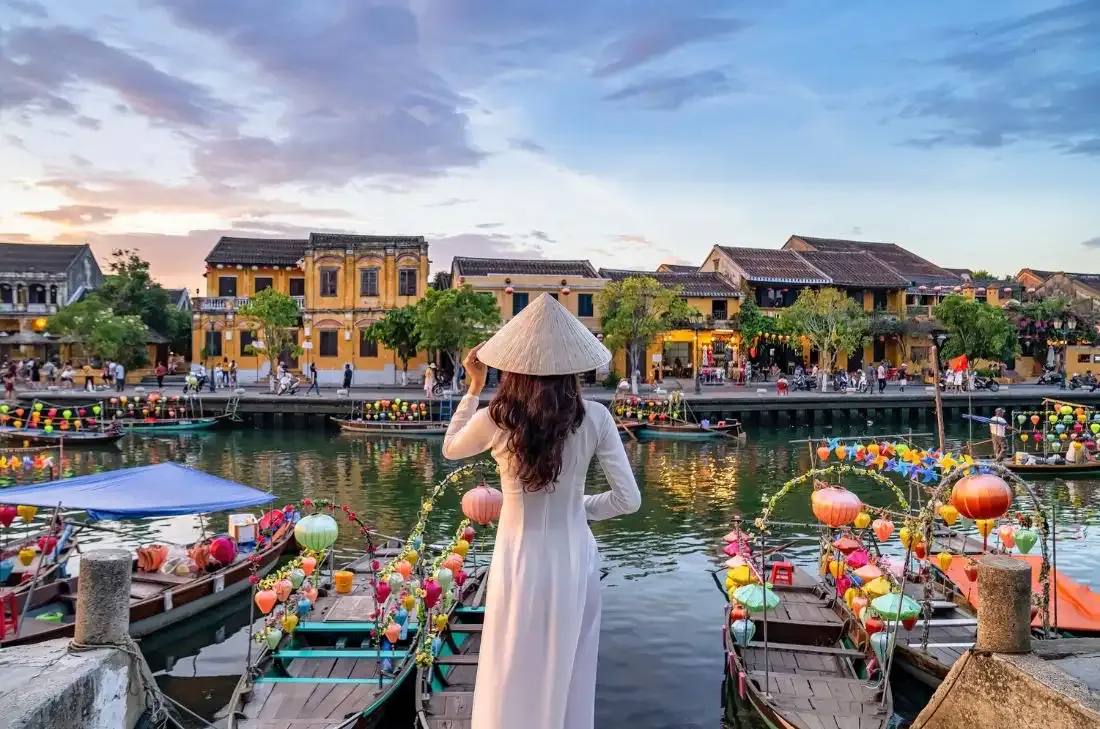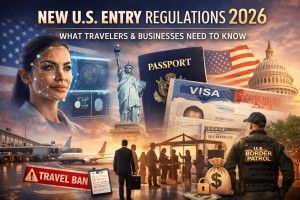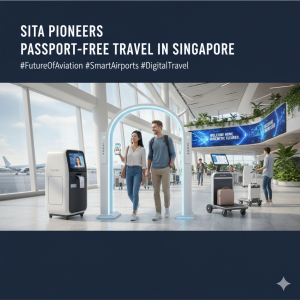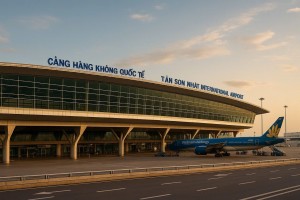Important Updates for U.S. Citizens Traveling to Vietnam
15/07/2025 | News

Below are the latest notes (updated as of July 2025) for U.S. citizens traveling to Vietnam.
1. Passport and Visa:
- Your passport must be valid for at least **6 months** from the entry date and have at least **1 blank page** (excluding the notes section). Failure to meet these requirements may result in entry denial.
- U.S. citizens require a visa to enter Vietnam. Options include:
* E-visa: apply online at https://evisa.xuatnhapcanh.gov.vn/ (up to 90 days, single or multiple entries, $25 fee). Processing takes 3 business days; print 2 copies of the e-visa for convenience at the border.
* Visa at Embassy/Consulate: suitable for long stays or special purposes. Contact the Vietnamese Embassy in the U.S. (https://vietnamembassy-usa.org/).
* 5-year Visa Exemption: available for Americans of Vietnamese descent or those with family ties to Vietnamese citizens, requiring prior registration.
- U.S. citizens with dual nationality (U.S.-Vietnam) must enter/exit using the same passport and check mandatory military service obligations if holding Vietnamese citizenship.
2. Health and Insurance:
- No mandatory vaccinations, but recommended vaccines include **hepatitis A, B, typhoid, measles, mumps, and malaria** for rural areas.
- Bring **personal medications** with an English-language prescription. Some medications are hard to find in Vietnam, especially in remote areas.
- Purchase **travel insurance** with at least $10,000 in medical coverage, including COVID-19 treatment (cost around $40).
- Monitor your health for **10 days** after entry. If you experience fever, cough, or breathing difficulties, contact Vietnam’s health hotline: 1900 3228.
- Malaria, dengue, and Zika are common in some areas. Use mosquito repellent and wear long-sleeved clothing.
3. Safety and Security:
- Vietnam is at **Level 1 Travel Advisory** (lowest) by the U.S. Department of State, requiring “normal precautions.” However, petty crimes like pickpocketing and bag-snatching are common in Hanoi and Ho Chi Minh City, especially during Tet (January-February).
- Avoid leaving phones or cameras exposed in crowded areas. Keep bags in front or secure when riding motorbikes.
- Violent crime is rare, but beware of homemade or counterfeit alcohol due to methanol poisoning risks.
- Avoid participating in protests or making public political comments, as Vietnam strictly regulates such activities.
4. Transportation and Mobility:
- Traffic in Vietnam, especially in Hanoi and Ho Chi Minh City, is chaotic with many motorbikes. **Avoid motorbike taxis (xe ôm)** as they are unsafe and unregulated.
- Use reputable taxis like **Mai Linh, Vinasun**, or apps like **Grab, Be**. Check the meter before boarding.
- When crossing streets, signal early and walk steadily, avoiding sudden changes in direction.
- If renting a motorbike, you need a **Vietnamese driver’s license** (U.S. licenses are invalid). Wear a high-quality helmet.
- Public transportation like buses is often crowded and less safe.
5. Culture and Customs:
- Respect local culture: wear modest clothing (covering shoulders and knees) when visiting temples or religious sites.
- Avoid public displays of affection (hugging, kissing), especially in rural areas, as they may be considered inappropriate.
- Tipping is not mandatory but appreciated (5-10% at restaurants or for tour guides).
- Vietnamese people may ask personal questions (e.g., why you’re traveling alone). These are usually harmless.
6. Weather and Packing:
- Vietnam has a tropical climate, divided into two main regions:
- **Northern Vietnam** (Hanoi): Winter (December-February) is cold (10-20°C), summer is hot and humid (30-35°C).
- **Southern Vietnam** (Ho Chi Minh City): Temperatures range from 25-35°C year-round, with a rainy season from June to November.
- Pack lightweight clothing, comfortable shoes, and a raincoat or umbrella. Be cautious of flooding in Central Vietnam (October-November) or Hanoi (Red River).
- Air pollution in Hanoi can be high, especially in summer. Bring a mask if you have respiratory issues.
7. Food and Hygiene:
- Enjoy Vietnamese cuisine (pho, banh mi) at busy, clean restaurants to ensure food safety.
- Drink **bottled water** and avoid ice in roadside stalls, especially in rural areas.
- Carry digestive medications (activated charcoal, anti-diarrhea pills) as a precaution.
- Wash hands frequently and avoid raw or undercooked food.
8. Communication and Internet:
- Purchase a **4G SIM card** (Viettel, Mobifone, Vinaphone) at the airport for $5-10 for 1-2GB/day.
- Wi-Fi is available at hotels and cafes but unreliable in rural areas.
- Be cautious with public internet, as authorities may monitor device content.
- Save emergency numbers: Ambulance (115), Fire (114), Police (113).
9. Legal Notes:
- Vietnam has strict laws on drugs; possession or use can lead to severe penalties.
- Do not carry or distribute items related to the former Republic of Vietnam (yellow flag, war memorabilia), as they may result in fines.
- Register temporary residence with local police if staying at a private home. Hotels typically handle this for you.
10. Emergency Assistance:
- Register with the U.S. Department of State’s Smart Traveler Enrollment Program (STEP) to receive security alerts and assistance in emergencies.
- Contact the U.S. Embassy in Hanoi (+84-24-3850-5000) or Consulate in Ho Chi Minh City (+84-28-3520-4200) for lost passports, emergencies, or arrests.
- Keep copies of your passport and visa when going out.
Older articles
New U.S. Entry Regulations in 2026: What Travelers and...
Entering 2026, the United States has officially implemented and expanded a...
SITA Selects Singapore to Pioneer the Future of...
SITA has officially inaugurated its Customer Experience Center (CEC) in...
Tan Son Nhat Airport Master Plan Through 2050: Elevating the...
The Ministry of Construction of Vietnam has approved the task of developing a...



